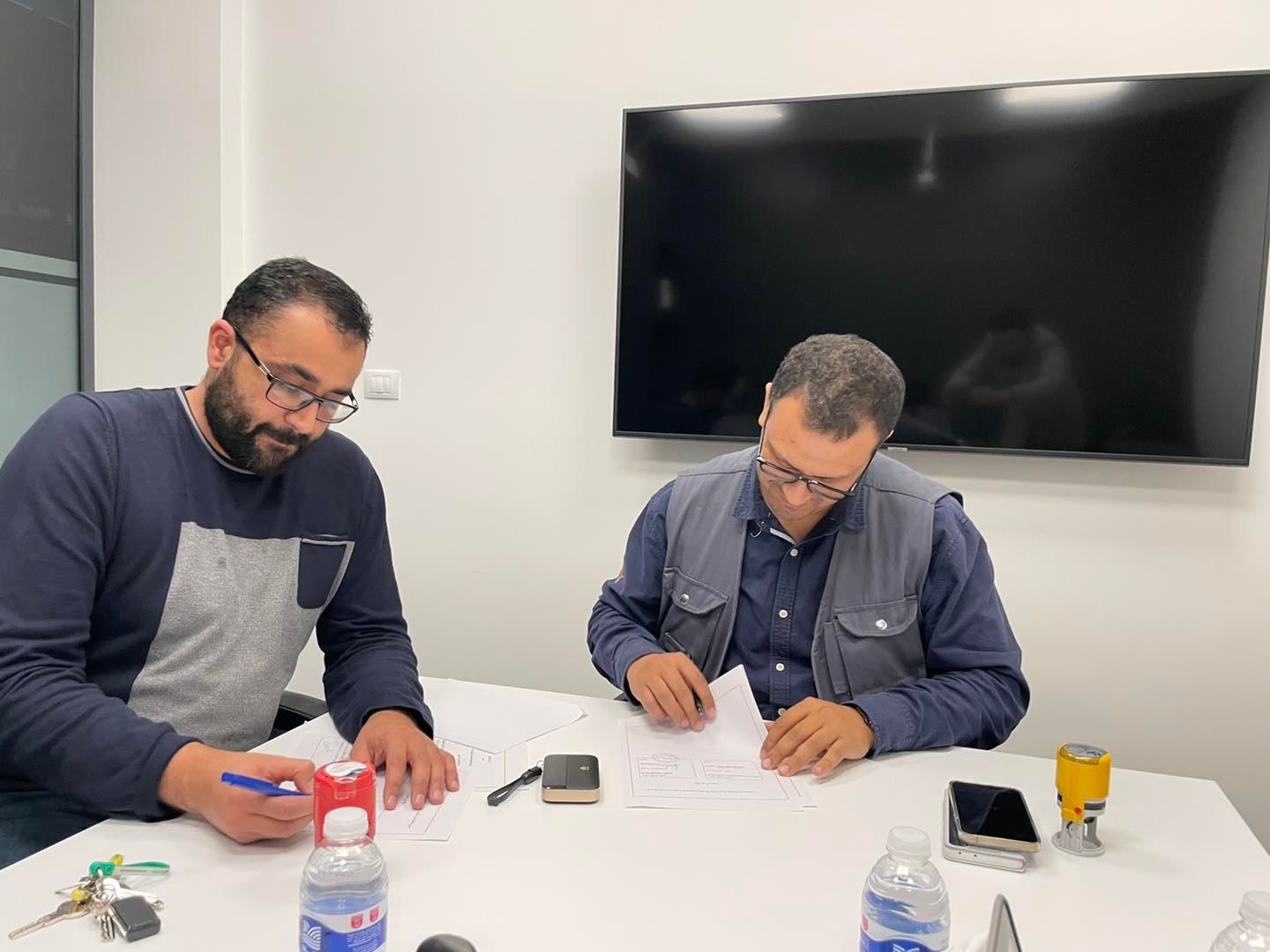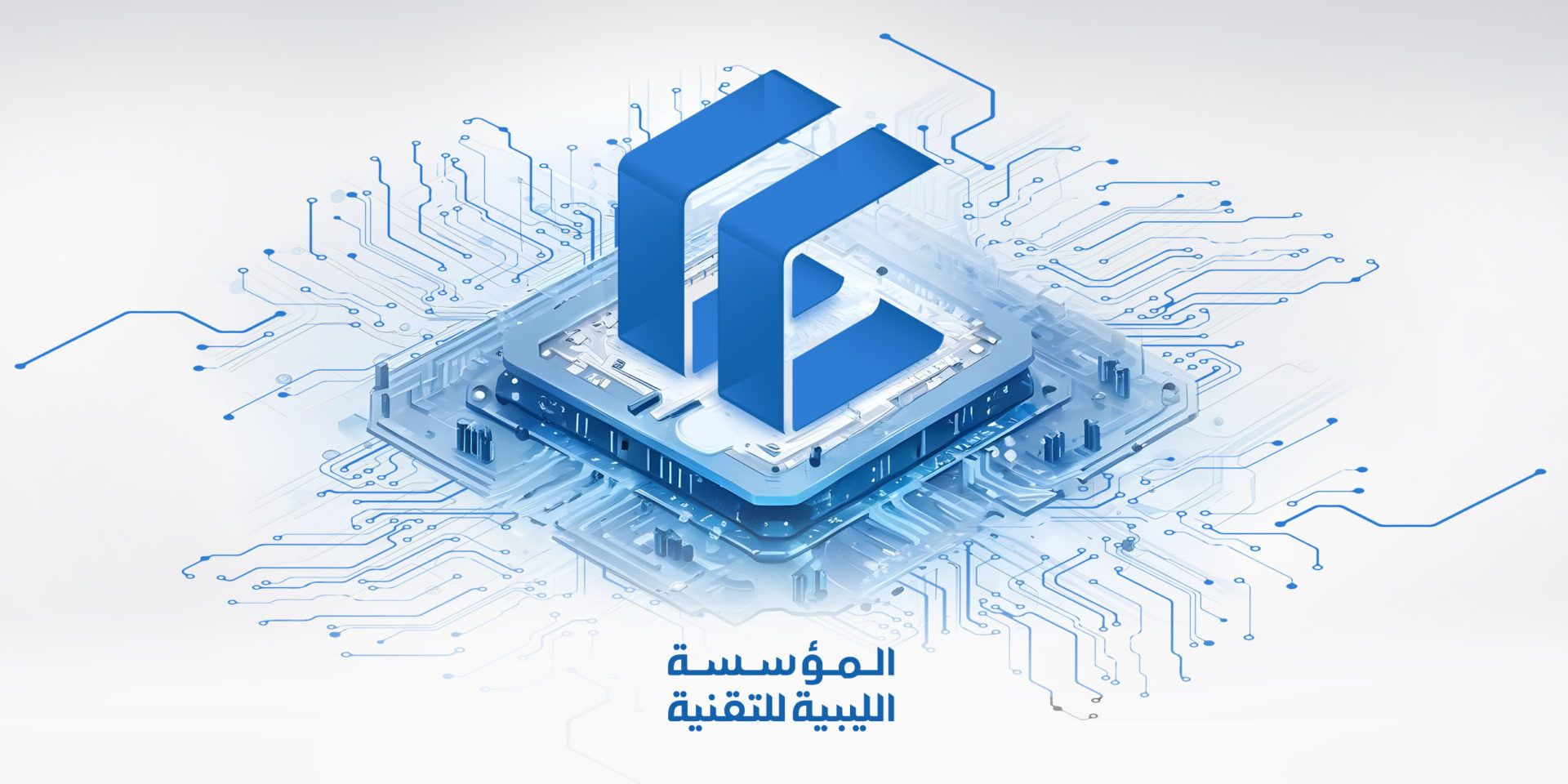Activating the project of digitizing education in schools and educational institutions
After the Ministry of Education issued a decision today to suspend studies for some groups, and direct schools to distance education, there is a high need for strong, stable, safe, and easy-to-use platforms for students in the primary, middle, and secondary stages, and to prepare for the event of any closure, God forbid.
Accordingly, Google Workspace for Education services were operated as a free initiative provided by Google globally, and with the help of the Libyan Spider Company, and these services were accepted within the scope of Libyan schools sch.ly, which allows the school to create the necessary environment to create classrooms, classes, and lectures for all students and teachers, In easy, simple and freeways, without the need for any external party or assistance. All these services come within the Workspace for fundamental education, which was previously available free of charge to universities only, and today it is available to schools with an unlimited number of students and schools, whether private or public.
All the school administration must do is fill out a domain name registration form for the school, prepare a stamped correspondence from the school administration or educational institution, and the domain name will be activated. Or you can write to us at the Libyan Organization for Information and Communications Technology, and we and our partners, the Libyan Spider Company, will cooperate with you to facilitate procedures, technical and advisory work, training and awareness, 100% free of charge, an initiative from us and a social responsibility.
We hope that you will share it with education supervisors, public and private schools, to benefit from this environment that will reflect positively on students and the educational process.
For any inquiries, you can contact us via email at sch@technology.ly.
Educational institutions digitization team






